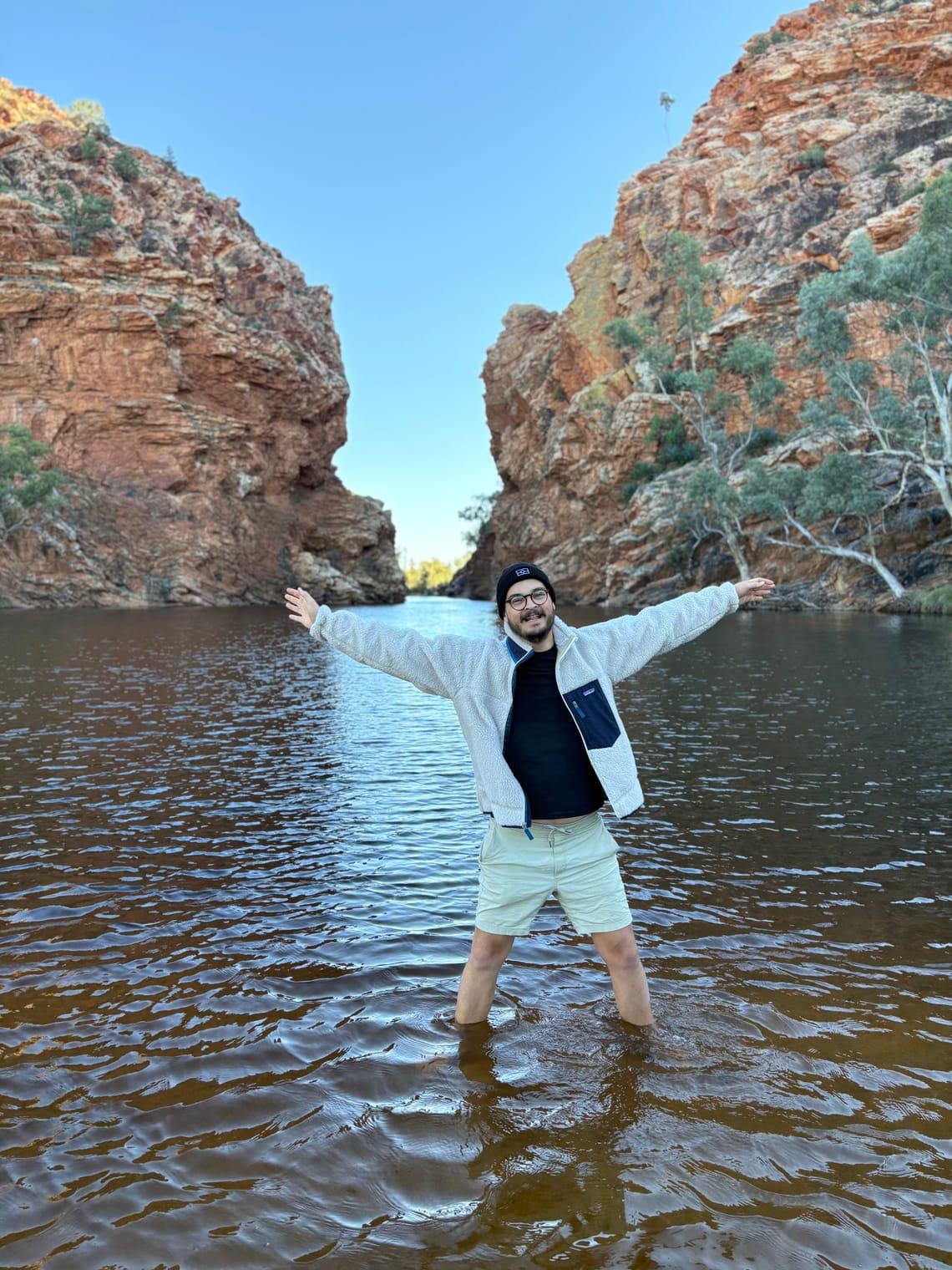
story
“Enthusiastic, you reckon”
“Like I had to dash on her, but like she was enthusiastic about my bod”.
“Enthusiastic, you reckon”, Jess asked,

mind reader is a blog project from aidan cornelius-bell which aims to chip away at capitalist realism. in brief, it’s opinion, on the internet. through it i show my cares, values, and ideas. i hope to challenge fascism, colonial legacies, heteronormativity, and anti-human regimes.
if you like what i write you can get it in your inbox as it comes, or by rss, and even support the work with a tip or ongoing subscription. all that jazz is below.
whatever you do while you’re here, i wish you well, and thank you for your time. may inquisitive minds find what they seek.
this blog is maintained from unceded Aboriginal land. nothing here is the opinion of my employer/s and it is all of my own ideation. posts are licensed under a cc by nc-sa license.